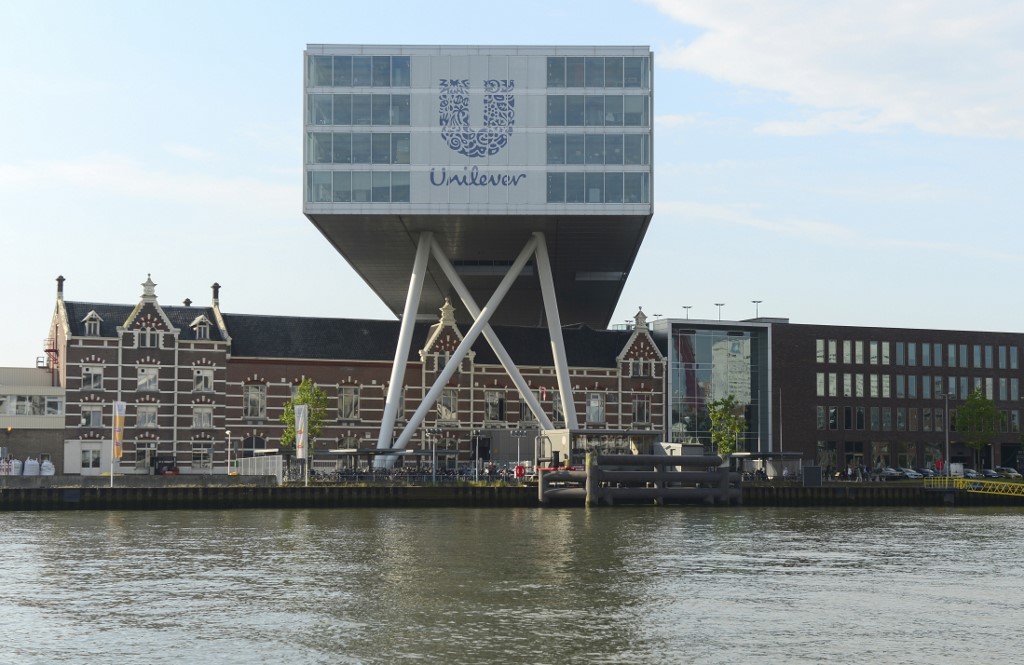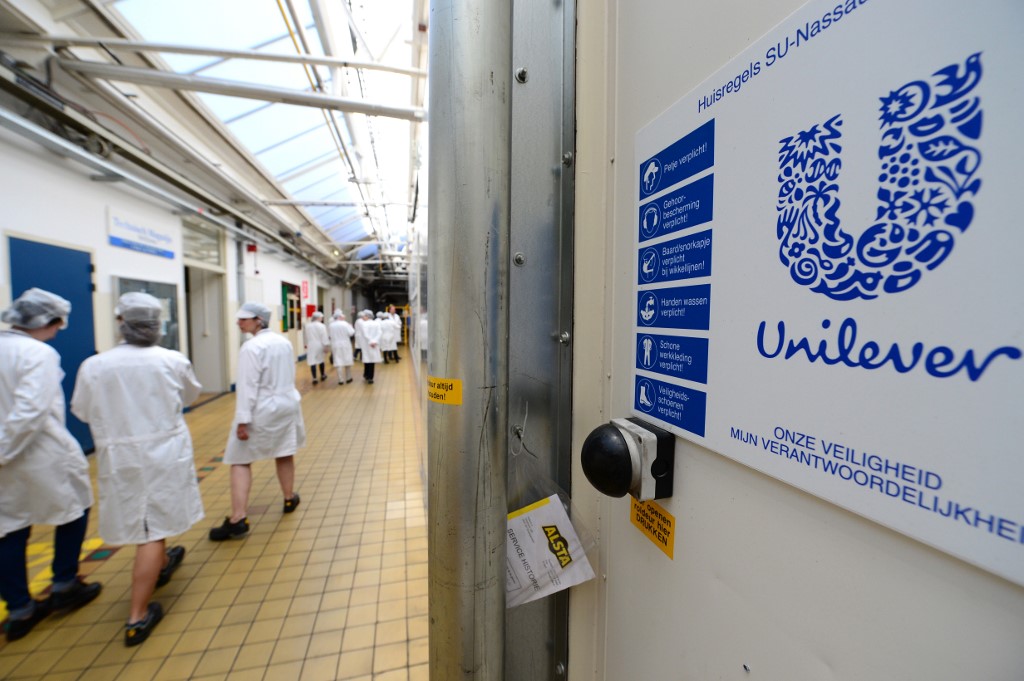
LONDON, United Kingdom (AFP) — Anglo-Dutch consumer giant Unilever on Wednesday unveiled a one-billion-euro plan to remove fossil fuels in the production of cleaning and laundry products which have experienced soaring demand from coronavirus-fearing consumers.
The initiative, worth the equivalent of $1.2 billion, will replace all the carbon derived from fossil fuels used in the production of some of Unilever’s best-known products by 2030, it said in a statement.
Unilever aims to transform the sustainability of its best-known brands, including washing detergent Persil, Cif household cleaner and Domestos bleach, under its “Clean Future” project.
“Clean Future is our vision to radically overhaul our business. As an industry, we must break our dependence on fossil fuels, including as a raw material for our products,” Unilever home care boss Peter ter Kulve said in the statement.
The company has been boosted this year as the coronavirus pandemic and global lockdowns spark major changes in consumer behaviour, with people spending far more time at home and being much more concerned about hygiene.

“We’ve seen unprecedented demand for our cleaning products in recent months and we are incredibly proud to play our part, helping to keep people safe in the fight against Covid-19,” Kulve said.
“But that should not be a reason for complacency. We cannot let ourselves become distracted from the environmental crises that our world — our home — is facing. Pollution. Destruction of natural habitats. The climate emergency.
“This is the home we share and we have a responsibility to protect it,” he said.
© Agence France-Presse








